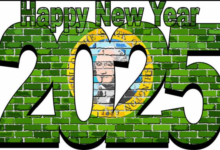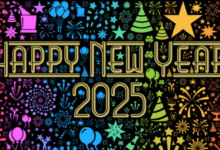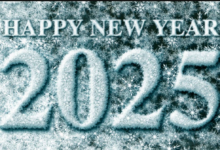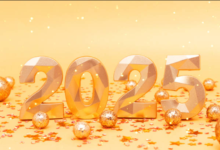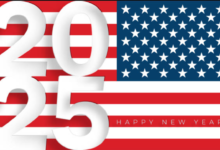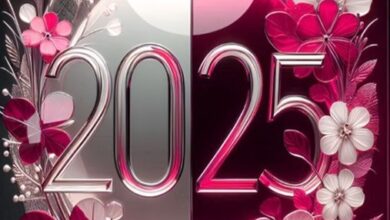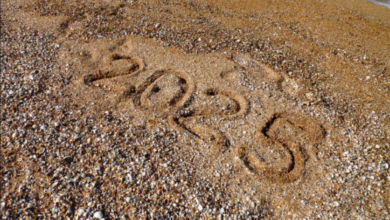Happy New Year in French

Happy New Year in French: A Celebration of Language and Culture
As the world celebrates the dawn of a new year, cultures and languages around the globe offer unique ways of marking the occasion. For French speakers, ringing in the new year involves not only festive gatherings and joyous celebrations but also a beautiful way to convey wishes for a bright future. Saying “Happy New Year” in French goes beyond the words themselves, embracing a rich cultural tradition filled with warmth, good wishes, and hope for what lies ahead. In this blog post, we will explore how to wish someone a Happy New Year in French, delve into popular New Year’s Eve traditions in French-speaking countries, and explore other important greetings such as Merry Christmas and Happy Birthday in French.
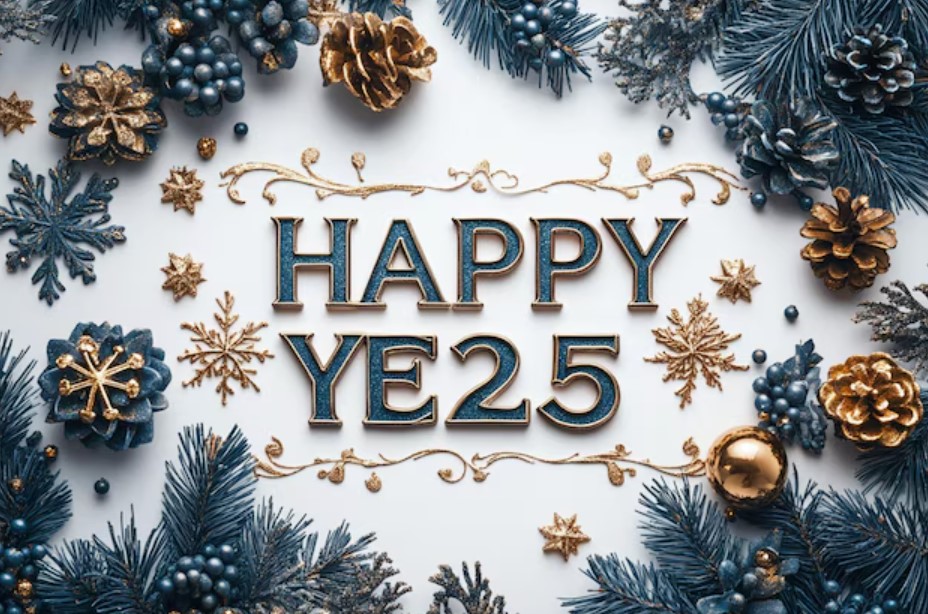
Happy New Year, French Greetings
The most common and straightforward way to wish someone a Happy New Year in French is to say:
Bonne Année
(pronounced: bon ah-nay)
In French, Bonne Année translates literally to “Good Year,” but its meaning is synonymous with Happy New Year. It’s used in the same way that English speakers use Happy New Year, making it the go-to greeting for ringing in the new year in France, Canada, Belgium, Switzerland, and many other French-speaking regions.
If you wish to add a more personal touch or express the sentiment more formally, you might say:

Je vous souhaite une Bonne Année.
(pronounced: huh voosweetonon bon ah-nay)
This means “I wish you a Happy New Year” and is a slightly more elaborate form of greeting. The addition of Jee vous souhaite (I wish you) makes it more formal and polite, which is perfect when speaking to someone you don’t know very well or when addressing someone in a position of respect.
For more informal settings, you can drop the formal phrasing and simply say:
Bonne année à toi!
(pronounced: bon ah-nay ah twa)
This version, meaning “Happy New Year to you,” is more casual and is commonly used among friends and family.
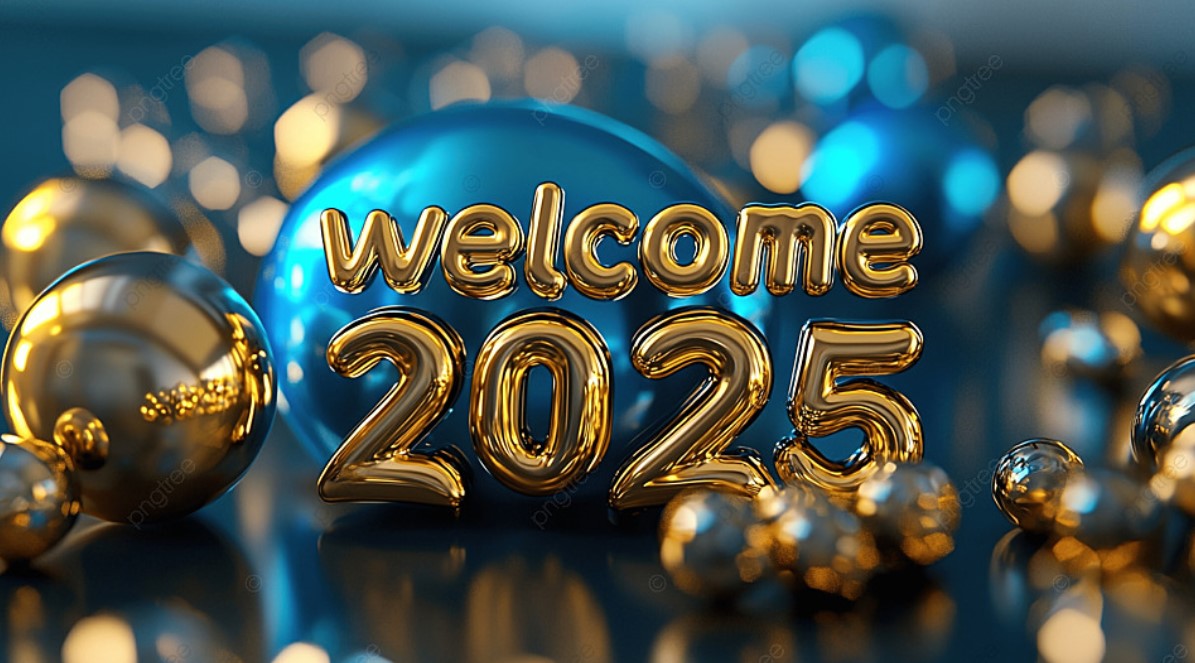
New Year in French Pronunciation
For non-native speakers, pronunciation in French can sometimes be tricky, especially because French vowels and nasal sounds differ from those in English. To help with the pronunciation of Bonne Année, here’s a quick breakdown:
- Bonne: The “B” is pronounced as in English, and the “o” has a soft, round sound similar to the “o” in “pot.” The “nne” at the end of Bonne sounds like a soft “nuh” but with no emphasis on the final “e.”
- Année: The “A” is pronounced like the “ah” in “father,” and the “nn” sounds like a soft “n” sound. The final ée is pronounced like “ay,” similar to the English sound of “say.”
Putting it together, it sounds like Bon ah-nay.
If you’re unfamiliar with French pronunciation, listening to native speakers or using language-learning apps with audio features can help you perfect the pronunciation.
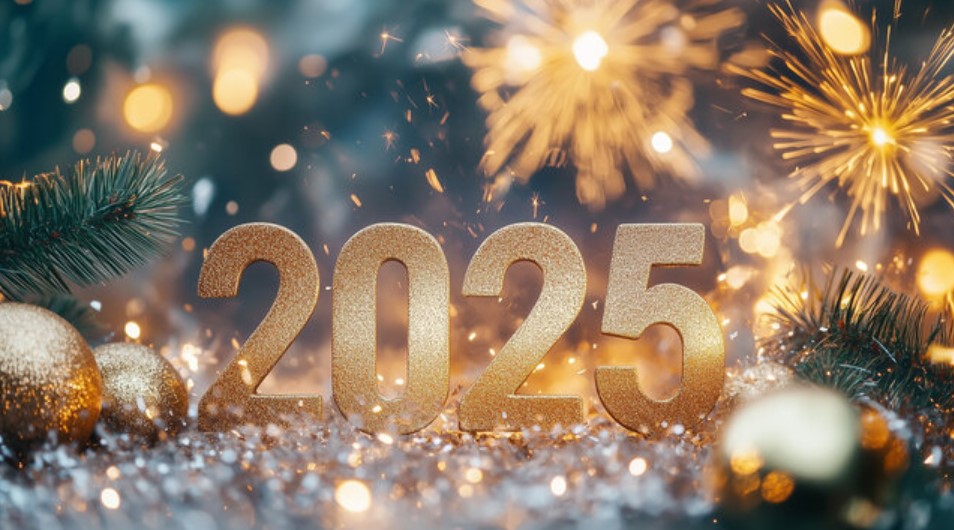
New Year’s Eve Traditions in French-Speaking Countries
In French-speaking countries, the excitement for the New Year begins on December 31st—New Year’s Eve—often with a special celebration called le Réveillon de la Saint-Sylvestre. Réveillon refers to a festive evening meal, typically held after midnight, which is a tradition in both Christmas and New Year celebrations.
French New Year’s Eve Dinner
In France, New Year’s Eve is often marked by a late-night feast. The menu may include an array of delicious delicacies, such as foie gras, oysters, lobster, and other gourmet treats. The French also enjoy a glass of champagne or other fine wines as they celebrate. The night typically begins with family and friends gathering together to share food, laughter, and stories.
Le Baiser de Minuit (Midnight Kiss)
As the clock strikes midnight on New Year’s Eve, couples traditionally exchange a kiss to celebrate the arrival of the new year. This is called le baiser de minuit (the midnight kiss), and it symbolizes the joy of love, renewal, and the hope for good fortune in the year ahead. Whether you’re celebrating with a romantic partner, family, or friends, this tradition adds an extra touch of magic to the night.
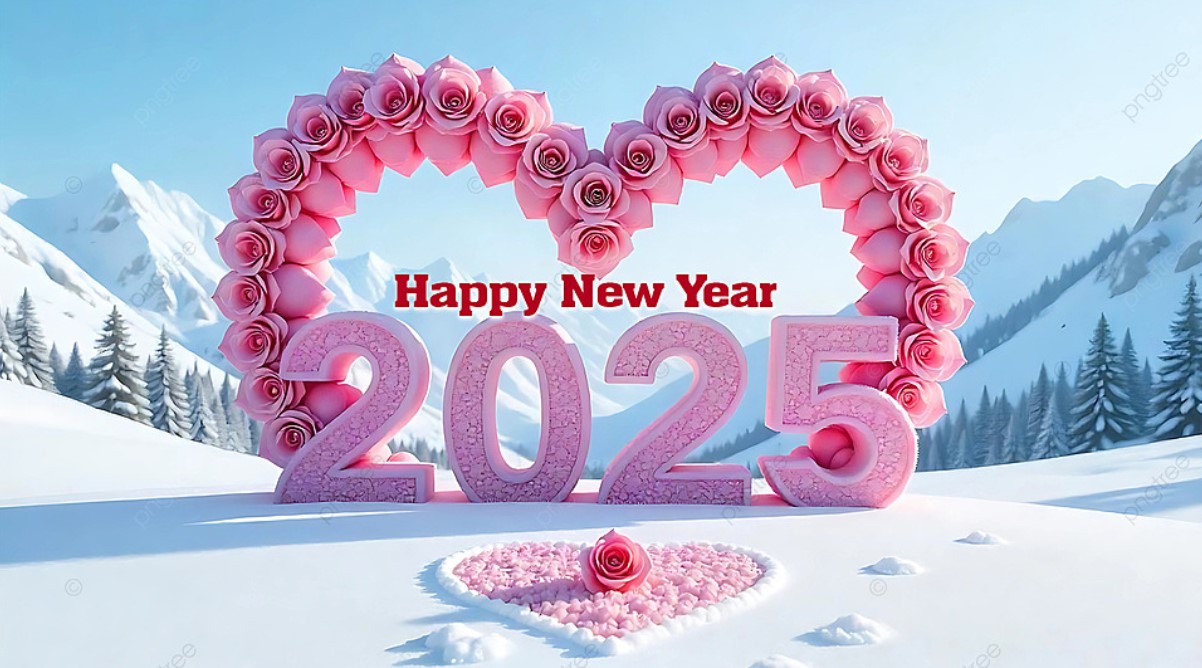
New Year’s Resolutions in France
Like many other cultures, the French also embrace New Year’s resolutions. At the start of the new year, people often take time to reflect on the past year and make promises to improve their lives. These resolutions can range from personal goals, such as exercising more or learning a new skill, to broader aspirations, such as being kinder to others or travelling more.
Merry Christmas in French: Joyeux Noël
While Bonne Année is the most common way to wish someone a Happy New Year, another important greeting during the holiday season is Joyeux Noël, which means Merry Christmas.
Joyeux Noël
(pronounced: zhwa-yuh no-el)
- Joyeux means “merry” or “joyful,” and it is pronounced “zhwa-yuh” (with the “j” sounding like the “s” in “measure”).
- Noël means “Christmas,” and it is pronounced “no-el.”
In French-speaking countries, Christmas is celebrated with festive meals, gift-giving, and family gatherings. Many people in France attend la messe de Noël (Midnight Mass) on Christmas Eve. Afterwards, they enjoy a large family dinner, which may include dishes like roasted meats, seafood, and a wide variety of desserts.
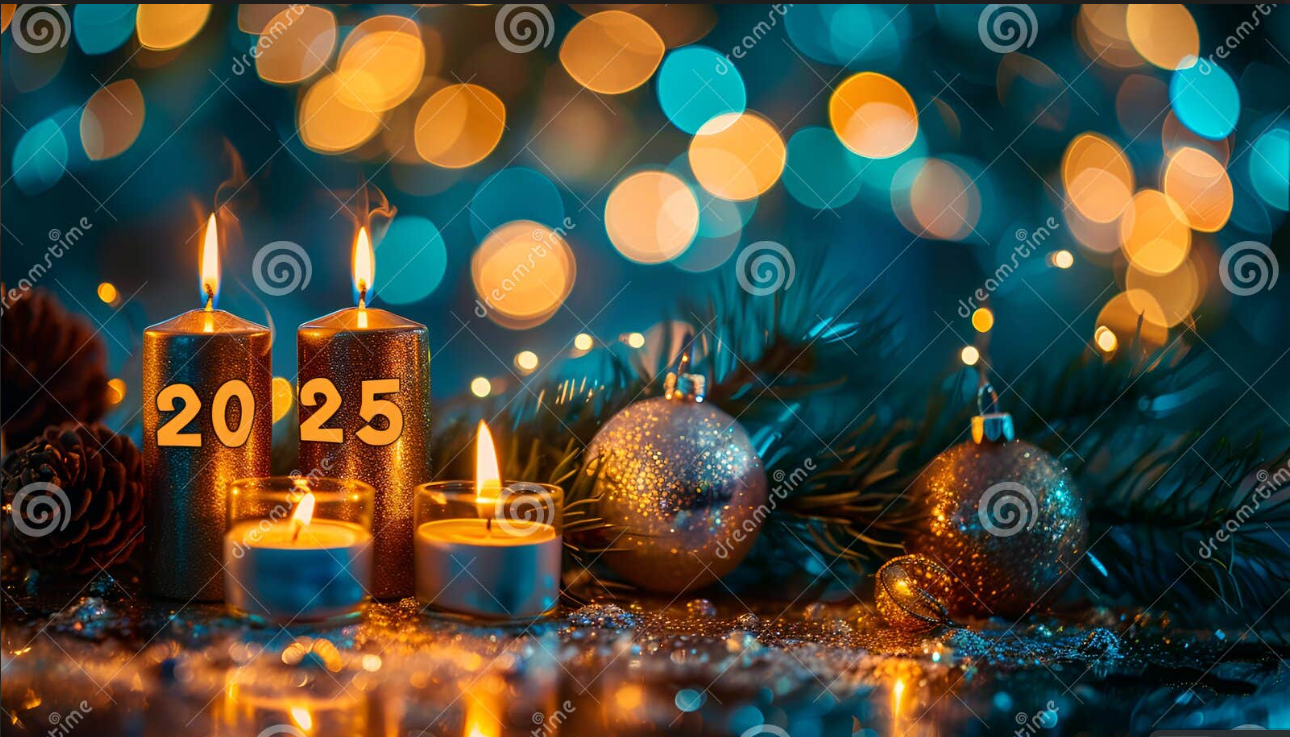
Christmas Traditions in France
One of the most beloved traditions in France is the Crèche (nativity scene), which is often displayed in homes and churches. French nativity scenes are unique in that they frequently depict not only the Holy Family but also a wide array of characters known as les santons (little saints). These figurines represent the traditional Provençal villagers who would have lived in the area during the time of Christ’s birth.
In addition to the Crèche, another tradition is the Réveillon de Noël, which is a festive meal that takes place on Christmas Eve. Like New Year’s Eve, the meal is often elaborate, with dishes like foie gras, oysters, roasted meats, and traditional French desserts such as bûche de Noël (Yule log cake).
Happy Birthday in French: Joyeux Anniversaire
While Bonne Année and Joyeux Noël are reserved for the New Year and Christmas celebrations, the French also have a special way of wishing people Happy Birthday. To say Happy Birthday in French, you would say:
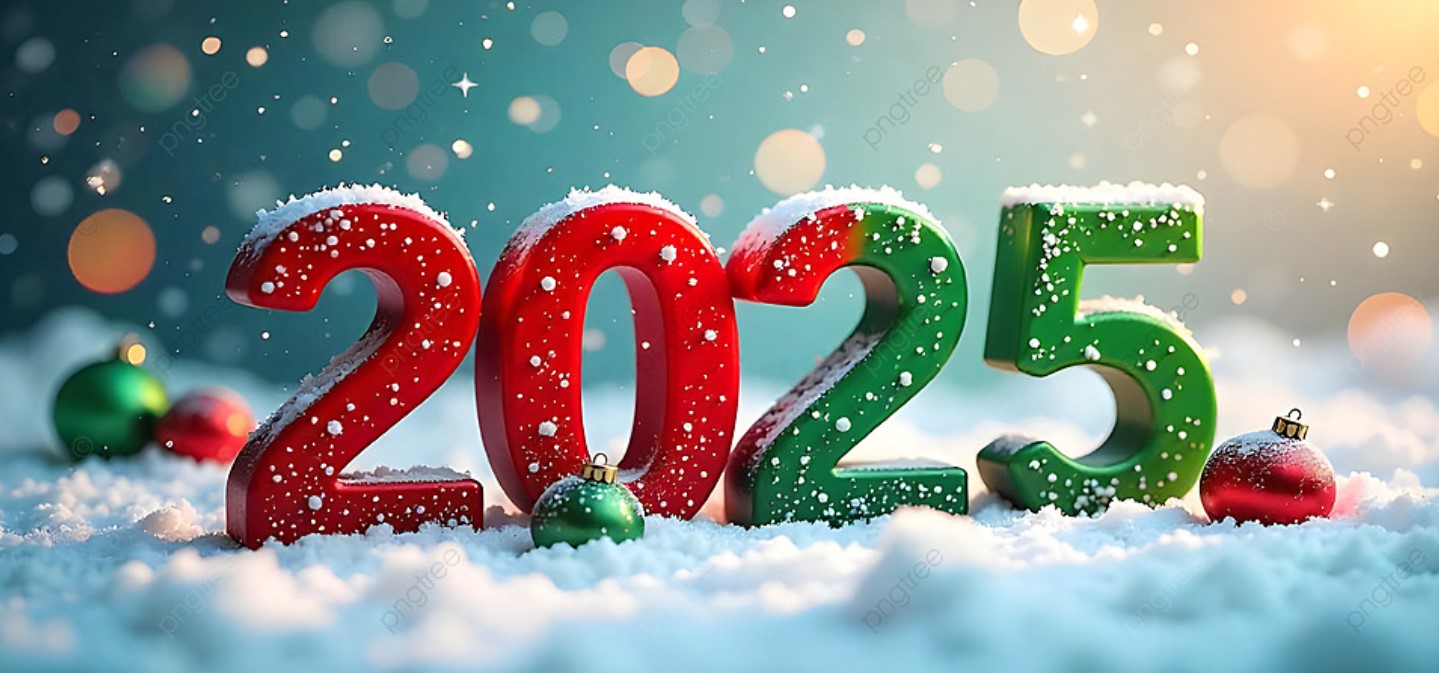
Joyeux Anniversaire
(pronounced: zhwa-yuh ah-nee-ver-sair)
- Joyeux means “joyful” or “merry.”
- Anniversaire means “birthday,” and it is pronounced “ah-nee-ver-sair.”
In French-speaking countries, birthdays are celebrated in much the same way as they are in other parts of the world. Friends and family gather to celebrate the birthday person with cake, food, and music. It is also common to sing the French version of the Happy Birthday song, which goes:
Joyeux anniversaire,
Joyeux anniversaire,
Joyeux anniversaire [Name],
Joyeux anniversaire!
This is quite similar to the English version of the Happy Birthday song, with the same melody and rhythm.
Other Key French Greetings
In addition to Bonne Année, Joyeux Noël, and Joyeux Anniversaire, other important French greetings can be useful on various occasions.
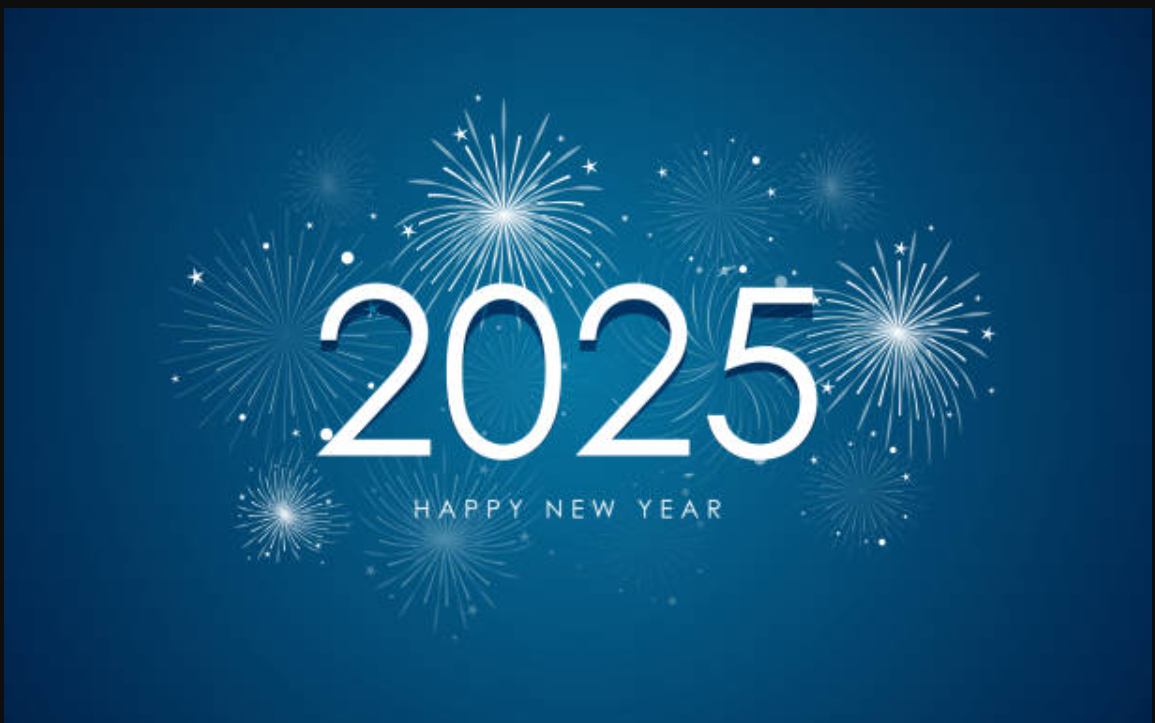
Bonne Fête (Happy Name Day)
In many French-speaking countries, name days, known as fête, are also celebrated. These days correspond to the feast days of saints in the Catholic calendar, and people celebrate their name day on the feast day of the saint they were named after. To wish someone a happy name day, you would say:
Bonne fête!
(pronounced: bon fet)
This is similar to wishing someone a Happy Birthday, but it’s specific to people celebrating their name day.
Bonnes Vacances (Have a Good Holiday)
In French-speaking countries, it is common to wish someone Bonnes vacances (pronounced bon vah-kahnss) when they are heading off on a trip or enjoying a holiday. It’s a warm way to show someone you hope they have a relaxing and enjoyable break.
Conclusion
The French language is rich with expressions of goodwill, from Bonne Année to Joyeux Noël to Joyeux Anniversaire. Whether celebrating the start of a new year, the magic of Christmas, or the joy of someone’s birthday, these phrases reflect the warmth and connection that define French culture. In addition to being a way to communicate with others, these greetings also serve as an invitation to share in the collective joy of a holiday or celebration.
As you prepare to ring in the new year, don’t forget to share a heartfelt Bonne Année with your French-speaking friends and family. It’s a gesture that will not only bring smiles but also connect you to the beautiful cultural traditions of the French-speaking world.
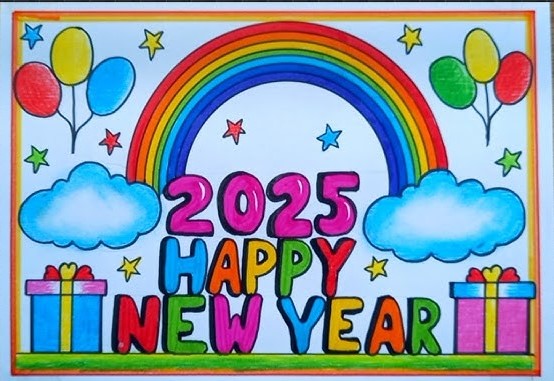
: A Celebration of Language and Culture
As the world celebrates the dawn of a new year, cultures and languages around the globe offer unique ways of marking the occasion. For French speakers, ringing in the new year involves not only festive gatherings and joyous celebrations but also a beautiful way to convey wishes for a bright future. Saying “Happy New Year” in French goes beyond the words themselves, embracing a rich cultural tradition filled with warmth, good wishes, and hope for what lies ahead. In this blog post, we will explore how to wish someone a Happy New Year in French, delve into popular New Year’s Eve traditions in French-speaking countries, and explore other important greetings such as Merry Christmas and Happy Birthday in French.
Happy New Year,FFrench Greetings
The most common and straightforward way to wish someone a Happy New Year in French is to say:
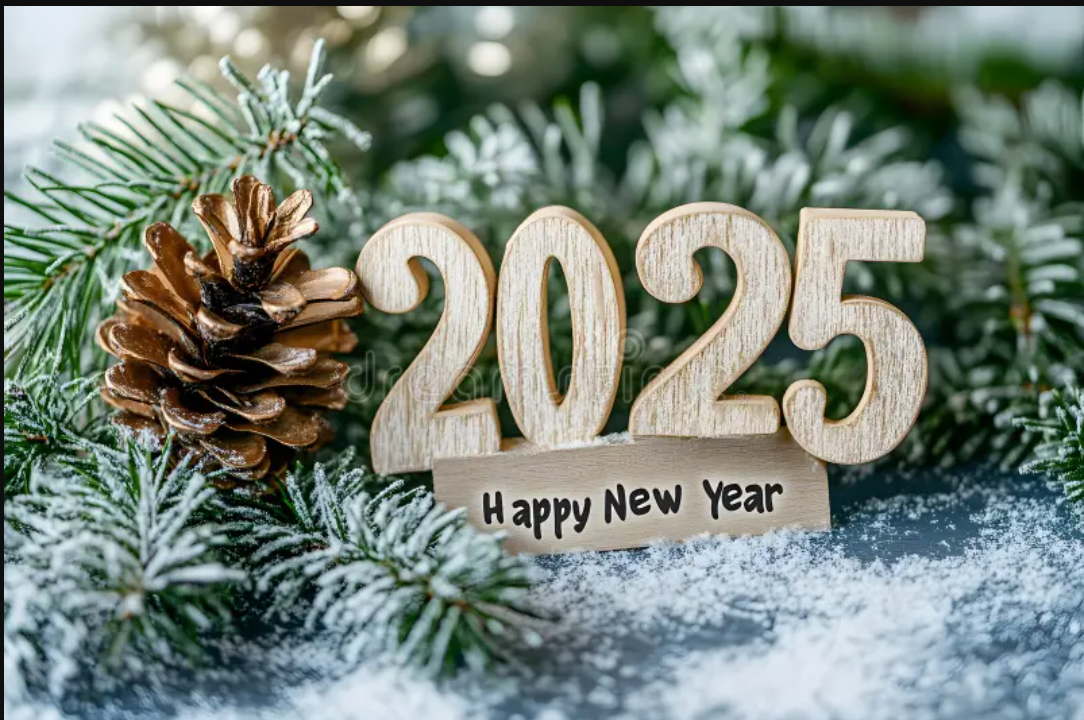
Bonne Année
(pronounced: bon ah-nay)
In French, Bonne Année translates literally to “Good Year,” but its meaning is synonymous with Happy New Year. It’s used in the same way that English speakers use Happy New Year, making it the go-to greeting for ringing in the new year in France, Canada, Belgium, Switzerland, and many other French-speaking regions.
If you wish to add a more personal touch or express the sentiment more formally, you might say:
Je vous souhaite une Bonne Année.
(pronounced: zhuh voo sweet bon ah-nay)
This means “I wish you a Happy New Year” and is a slightly more elaborate form of greeting. The addition of Je vous souhaite (I wish you) makes it more formal and polite, which is perfect when speaking to someone you don’t know very well or when addressing someone in a position of respect.
For more informal settings, you can drop the formal phrasing and simply say:
Bonne année à toi!
(pronounced: bon ah-nay ah twa)
This version, meaning “Happy New Year to you,” is more casual and is commonly used among friends and family.
Happy New Year in French Pronunciation
For non-native speakers, pronunciation in French can sometimes be tricky, especially because French vowels and nasal sounds differ from those in English. To help with the pronunciation of Bonne Année, here’s a quick breakdown:
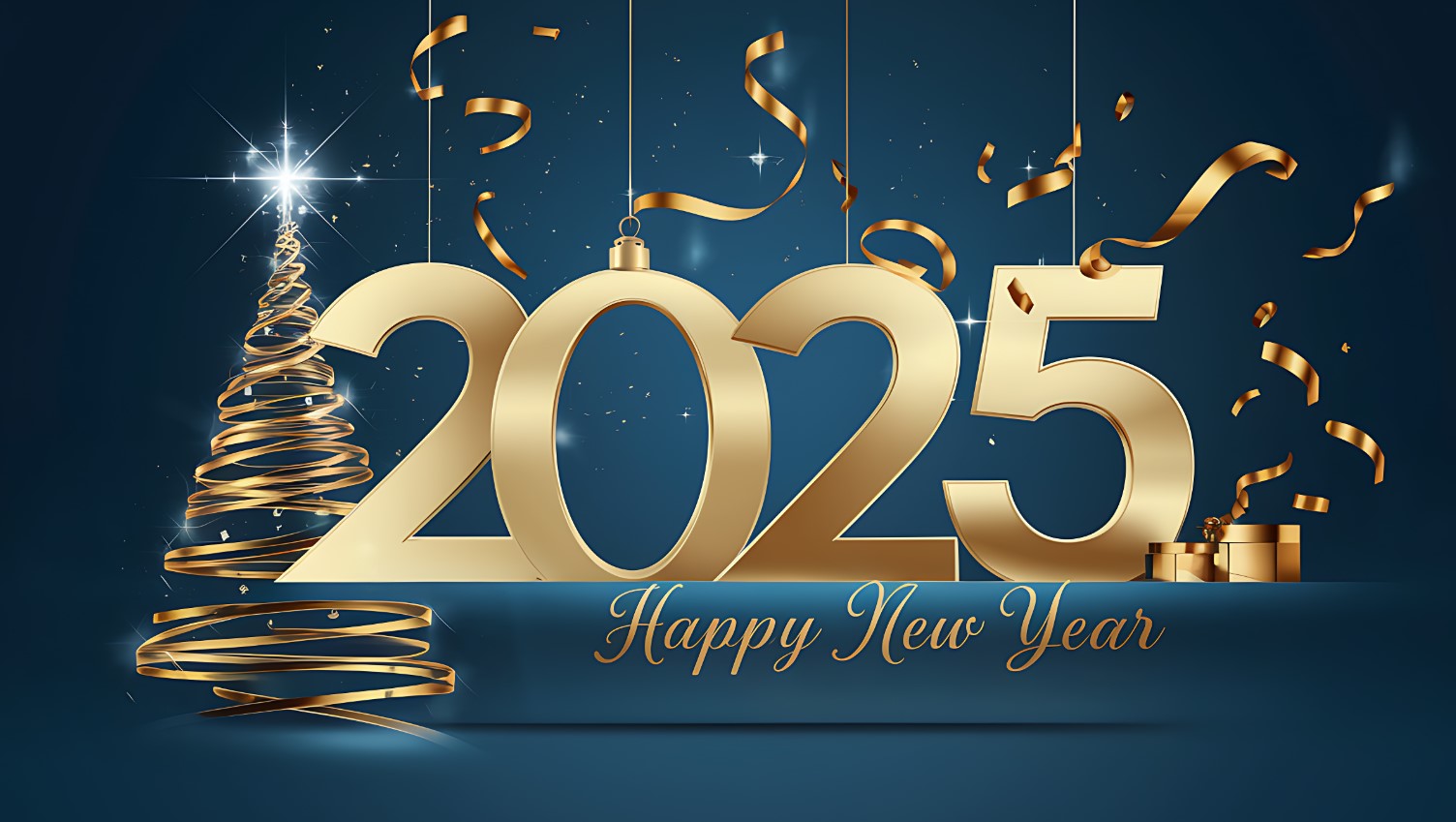
- Bonne: The “B” is pronounced as in English, and the “o” has a soft, round sound similar to the “o” in “pot.” The “nne” at the end of Bonne sounds like a soft “nuh” but with no emphasis on the final “e.”
- Année: The “A” is pronounced like the “ah” in “father,” and the “nn” sounds like a soft “n” sound. The final ée is pronounced like “ay,” similar to the English sound of “say.”
Putting it together, it sounds like Bonn ah-nay.
If you’re unfamiliar with French pronunciation, listening to native speakers or using language-learning apps with audio features can help you perfect the pronunciation.
New Year’s Eve Traditions in French-Speaking Countries
In French-speaking countries, the excitement for the New Year begins on December 31st—New Year’s Eve—often with a special celebration called le Réveillon de la Saint-Sylvestre. Réveillon refers to a festive evening meal, typically held after midnight, which is a tradition in both Christmas and New Year celebrations.

French New Year’s Eve Dinner
In France, New Year’s Eve is often marked by a late-night feast. The menu may include an array of delicious delicacies, such as foie gras, oysters, lobster, and other gourmet treats. The French also enjoy a glass of champagne or other fine wines as they celebrate. The night typically begins with family and friends gathering together to share food, laughter, and stories.
Le Baiser de Minuit (Midnight Kiss)
As the clock strikes midnight on New Year’s Eve, couples traditionally exchange a kiss to celebrate the arrival of the new year. This is called le baiser de minuit (the midnight kiss), and it symbolizes the joy of love, renewal, and the hope for good fortune in the year ahead. Whether you’re celebrating with a romantic partner, family, or friends, this tradition adds an extra touch of magic to the night.

New Year’s Resolutions in France
Like many other cultures, the French also embrace New Year’s resolutions. At the start of the new year, people often take time to reflect on the past year and make promises to improve their lives. These resolutions can range from personal goals, such as exercising more or learning a new skill, to broader aspirations, such as being kinder to others or travelling more.
Merry Christmas in French: Joyeux Noël
While Bonne Année is the most common way to wish someone a Happy New Year, another important greeting during the holiday season is Joyeux Noël, which means Merry Christmas.
Joyeux Noël
(pronounced: zhwa-yuh no-el)
- Joyeux means “merry” or “joyful,” and it is pronounced “zhwa-yuh” (with the “j” sounding like the “s” in “measure”).
- Noël means “Christmas,” and it is pronounced “no-el.”
In French-speaking countries, Christmas is celebrated with festive meals, gift-giving, and family gatherings. Many people in France attend la messe de Noël (Midnight Mass) on Christmas Eve. Afterwards, they enjoy a large family dinner, which may include dishes like roasted meats, seafood, and a wide variety of desserts.
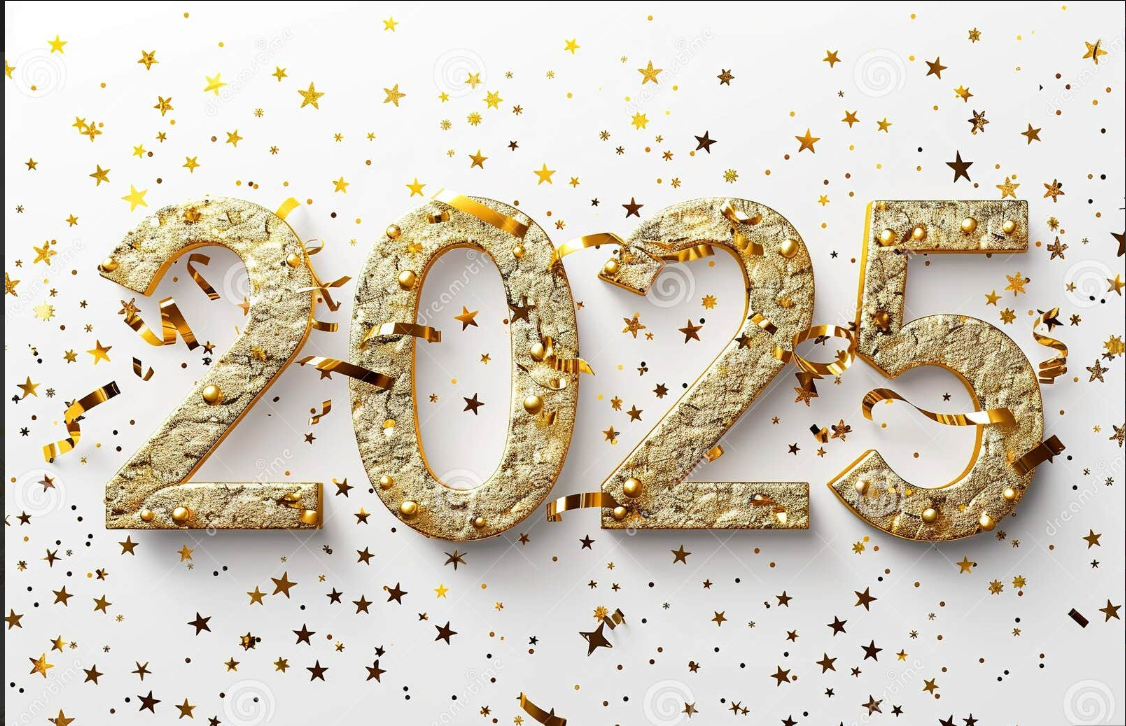
Christmas Traditions in France
One of the most beloved traditions in France is the Crèche (nativity scene), which is often displayed in homes and churches. French nativity scenes are unique in that they frequently depict not only the Holy Family but also a wide array of characters known as les santons (little saints). These figurines represent the traditional Provençal villagers who would have lived in the area during the time of Christ’s birth.
In addition to the Crèche, another tradition is the Réveillon de Noël, which is a festive meal that takes place on Christmas Eve. Like New Year’s Eve, the meal is often elaborate, with dishes like foie gras, oysters, roasted meats, and traditional French desserts such as bûche de Noël (Yule log cake).
Happy Birthday in French: Joyeux Anniversaire
While Bonne Année and Joyeux Noël are reserved for the New Year and Christmas celebrations, the French also have a special way of wishing people Happy Birthday. To say Happy Birthday in French, you would say:

Joyeux Anniversaire
(pronounced: zhwa-yuh ah-nee-ver-sair)
- Joyeux means “joyful” or “merry.”
- Anniversaire means “birthday,” and it is pronounced “ah-nee-ver-sair.”
In French-speaking countries, birthdays are celebrated in much the same way as they are in other parts of the world. Friends and family gather to celebrate the birthday person with cake, food, and music. It is also common to sing the French version of the Happy Birthday song, which goes:
Joyeux anniversaire,
Joyeux anniversaire,
Joyeux anniversaire [Name],
Joyeux anniversaire!
This is quite similar to the English version of the Happy Birthday song, with the same melody and rhythm.
Other Key French Greetings
In addition to Bonne Année, Joyeux Noël, and Joyeux Anniversaire, other important French greetings can be useful on various occasions.
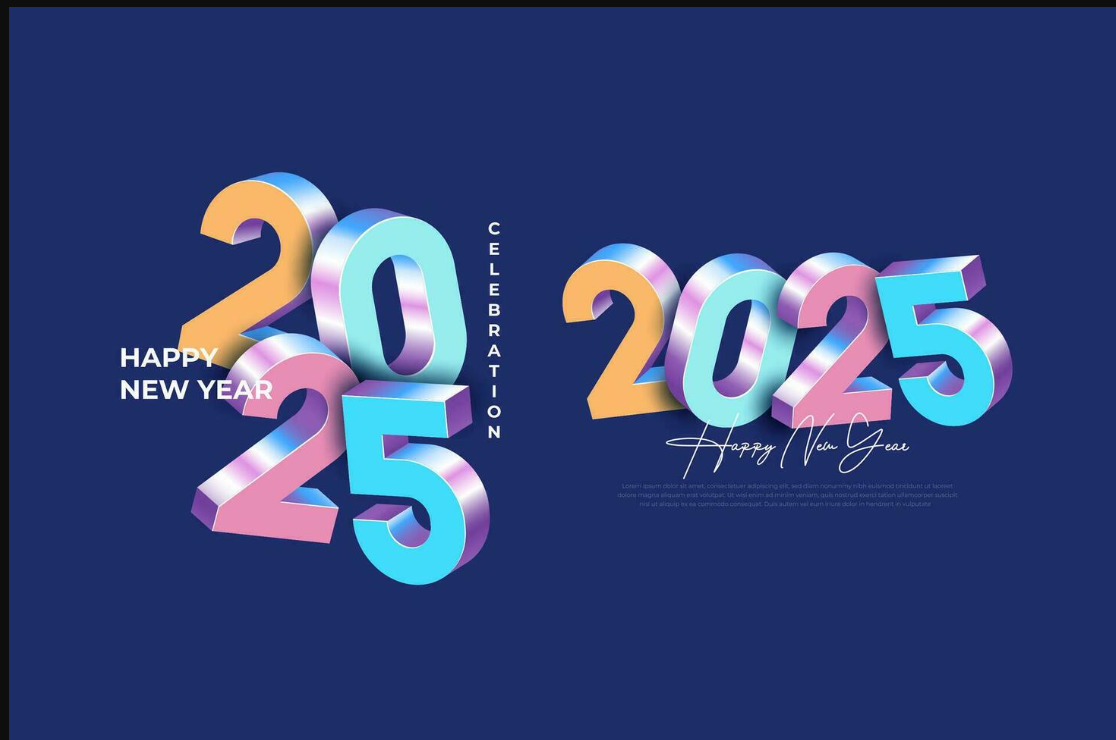
Bonne Fête (Happy Name Day)
In many French-speaking countries, name days, known as fête, are also celebrated. These days correspond to the feast days of saints in the Catholic calendar, and people celebrate their name day on the feast day of the saint they were named after. To wish someone a happy name day, you would say:
Bonne fête!
(pronounced: bon fet)
This is similar to wishing someone a Happy Birthday, but it’s specific to people celebrating their name day.
Bonnes Vacances (Have a Good Holiday)
In French-speaking countries, it is common to wish someone Bonnes vacances (pronounced bon vah-kahnss) when they are heading off on a trip or enjoying a holiday. It’s a warm way to show someone you hope they have a relaxing and enjoyable break.
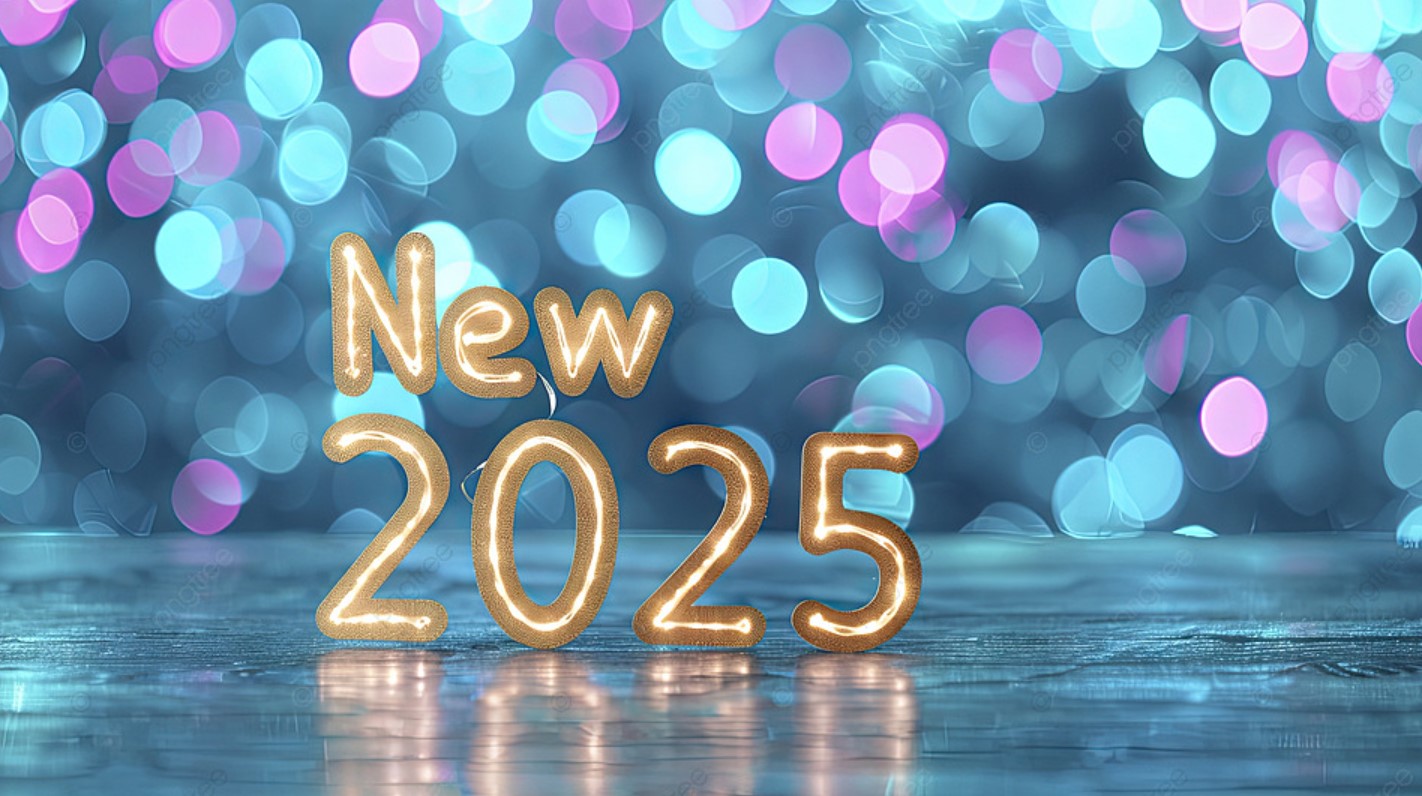
Conclusion
The French language is rich with expressions of goodwill, from Bonne Année to Joyeux Noël to Joyeux Anniversaire. Whether celebrating the start of a new year, the magic of Christmas, or the joy of someone’s birthday, these phrases reflect the warmth and connection that define French culture. In addition to being a way to communicate with others, these greetings also serve as an invitation to share in the collective joy of a holiday or celebration.
As you prepare to ring in the new year, don’t forget to share a heartfelt Bonne Année with your French-speaking friends and family. It’s a gesture that will not only bring smiles but also connect you to the beautiful cultural traditions of the French-speaking world.

